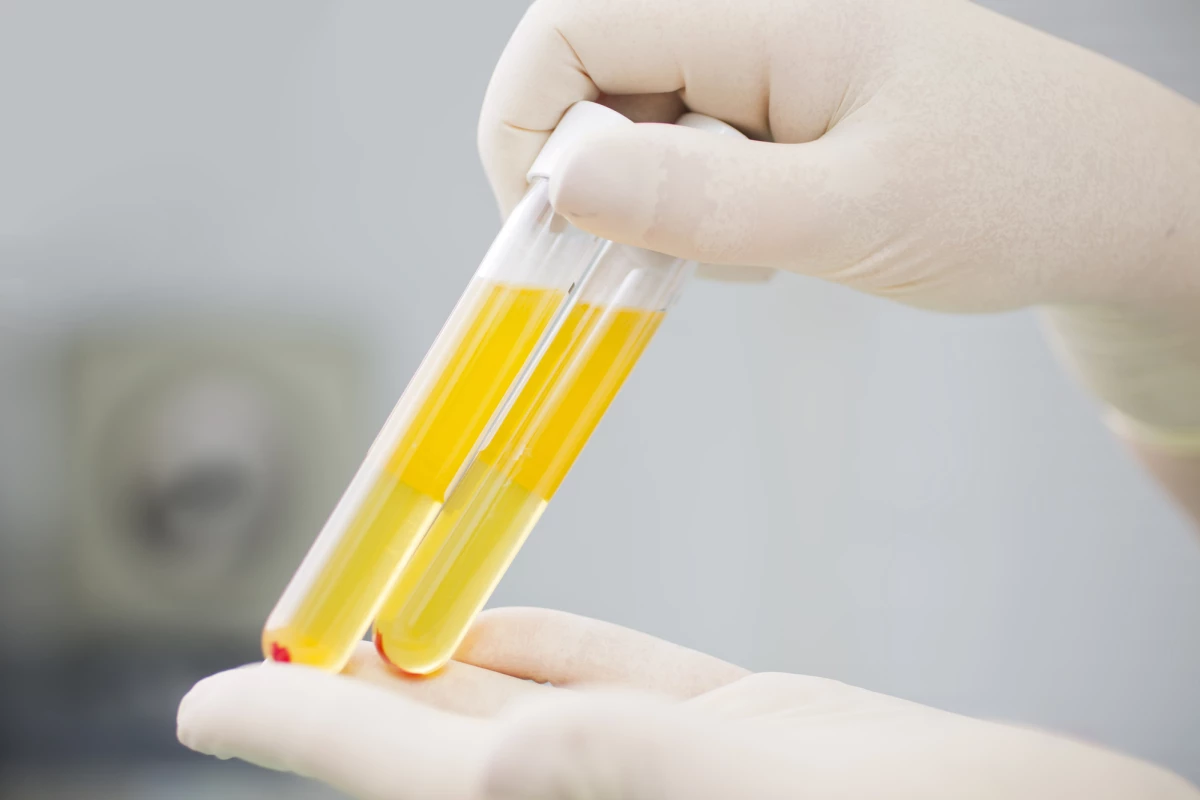Early findings from a large international clinical trial suggest severely ill COVID-19 patients do not benefit from an experimental therapy involving infusions of blood plasma from those who have recovered from the disease. This particular arm of the study was halted, but the trial will continue to investigate the treatment in moderately ill patients.
Early in 2020, as the COVID-19 pandemic was first sparking across the globe, several researchers raised the idea of convalescent plasma as a possible tool to help treat patients. The treatment dates back to the late 19th century and suggests antibodies in the blood of those who have recovered from a particular disease can help patients suffering from an acute case of the same disease.
In March 2020 a large global study began investigating a variety of different treatments for COVID-19. Called REMAP-CAP, the trial ultimately expanded to include 15 countries and 290 hospitals. Convalescent plasma was one of the key COVID-19 treatments the trial was investigating.
A recent early analysis of the trial’s findings is suggesting the treatment does not improve patient outcomes in severely ill cases. This preliminary analysis, not yet published in any peer-reviewed journal, was based on data from 912 subjects.
The results have led the leaders of the REMAP-CAP study to halt further enrollment of severely ill patients for this particular arm of the trial. However, the arm of the trial investigating the plasma treatment in moderately ill COVID-19 patients will continue.
“Although it is disappointing that all critically ill patients don’t appear to gain any benefit, this is still vitally important to know,” says Anthony Gordon, a senior investigator working on the trial. “Convalescent plasma is a precious resource, and we can now continue to focus on identifying exactly which patients might benefit the most from treatment – maybe people earlier in their illness or those with weak immune systems.”
REMAP-CAP is not the only trial investigating the efficacy of convalescent plasma for COVID-19. A broad array of investigations around the globe are ongoing, however, so far the data is still far from definitive. An active Cochrane review tracking 138 studies, suggested in its most recent update that the efficacy of this therapy is still uncertain. A BMJ editorial published in October last year went even further, flatly calling convalescent plasma therapy for COVID-19, “ineffective”.
Nevertheless, the REMAP-CAP team is still investigating the therapy in moderately ill patients. Manu Shankar-Hari, a researcher working on the trial hypothesizes the experimental therapy could still be effective in certain scenarios, and continuing the trial will help home in on the specific cases convalescent plasma may be useful.
“It is biologically plausible that patients who are not producing antibodies at the time of convalescent plasma therapy and those patients with excess virus may benefit more than others,” says Shankar-Hari. “Our additional analyses will explore this. Aside from these severe patients, patients who are moderately ill and patients with immune impairments may benefit. It is therefore vital that plasma donations continue.”
Source: Imperial College London




